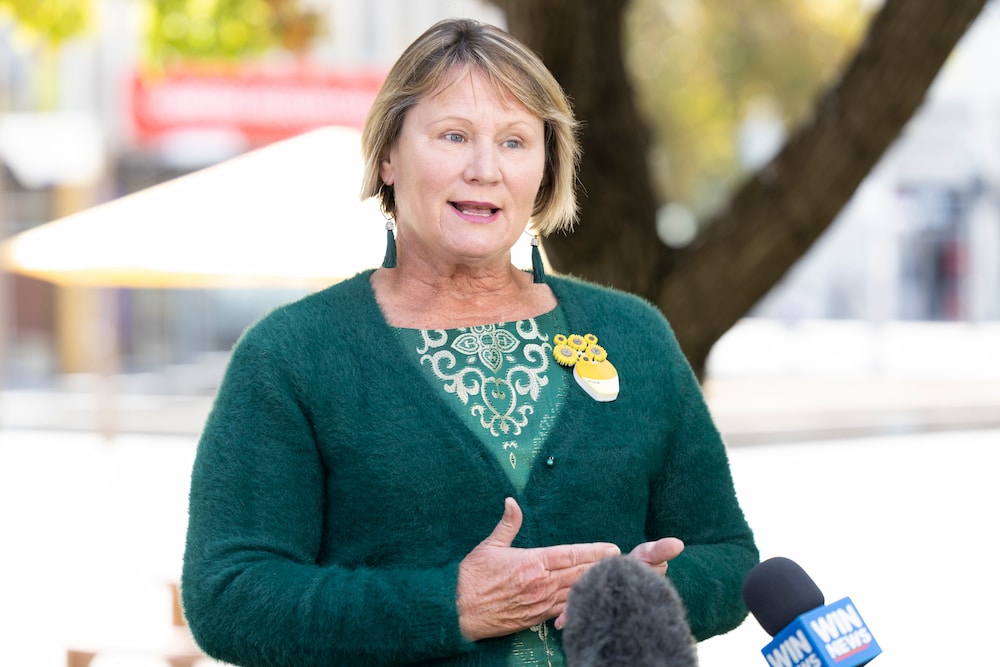We take the five-day working week for granted, even though it was only introduced in 1948 – but could we work fewer hours and be both happier and more productive?
The ACT Government is investigating whether a shorter working week would be feasible. Its Standing Committee on Economy and Gender and Economic Equality released a discussion paper on the future of the working week yesterday (Wednesday 16 June), and is calling for written submissions by 1 November.
“With the COVID-19 pandemic, we saw flexible work arrangements, and anecdotal and other results have shown that there has been an increase in productivity,” committee chair Nicole Lawder said.
“We can look at other working arrangements. We’ve had a five-day work week and an eight-hour or so day for quite some time now. Is it the best? It might well be, but this inquiry will look at a range of options and community views.”
For more than a century, the discussion paper notes, efforts have been made to reduce time spent at work by shortening the working week (without a loss of pay); working fewer hours is seen as a sign of social and economic progress.
In the 19th century, many people worked almost 80 hours, double today’s 38-hour week. In Europe, the standard working day was 10 to 16 hours, 6 days a week; the 8-hour workday was only introduced in the 1880s. Thirty years earlier, however, Australian stonemasons had become the world’s first workers to secure an 8-hour day without loss of pay.
Economist John Maynard Keynes predicted that the working week could be reduced to 15 hours by 2030. Many European countries (including Norway, Denmark, Germany, and the Netherlands) already work on average 27 hours a week, while New Zealand is considering a four-day work week to rebuild the economy after COVID-19 and to improve work/life balance.
“While the Committee does not have a particular view at this time about what a four-day work week would look like and whether it is the future of work – arguments may be anticipated on both sides of the question as to whether a four-day work week is the future of the working week,” Ms Lawder said.
“On one hand, a negative view may see it as costly and unaffordable; difficult to implement in some industries and sectors; and unrealistic. On the other hand, there are arguments for working fewer hours. Some are economic. Some are about health and wellbeing, environmental sustainability, and stronger communities. Some have to do with equity and equality.”
The New Economics Foundation, a British thinktank, argues that reducing the working week to 23 hours would address “overwork, unemployment, over-consumption, high carbon emissions, low wellbeing, entrenched inequalities, and the lack of time to live sustainably, to care for each other, and simply to enjoy life”.
But the Australian Industry Group worries that reducing the 38-hour week without increasing productivity or reducing weekly pay would damage jobs, investment, and productivity. The idea of employees effectively working part-time for a full-time wage had “no merit”. The Australia Institute’s Centre for Future Work also doubted whether employers would consider it “a profit-enhancing shift”.
Trials in Sweden, the UK, and Finland suggest that six-hour workdays or four-day work weeks benefit both employers and workers. Staff are more productive and produce better quality work; they are happier, less stressed, and take fewer days off. They can lead richer and more meaningful lives, and spend more time with their families and communities.
Shorter work weeks, the report suggests, means women can better care for their children, and the gender pay gap is narrowed (women are four times more likely to give up paid jobs to do unpaid care work than men); energy consumption is reduced; and distributing working hours can encourage employers to hire more people.
The Committee expects to hold public hearings in November.
For more news:



